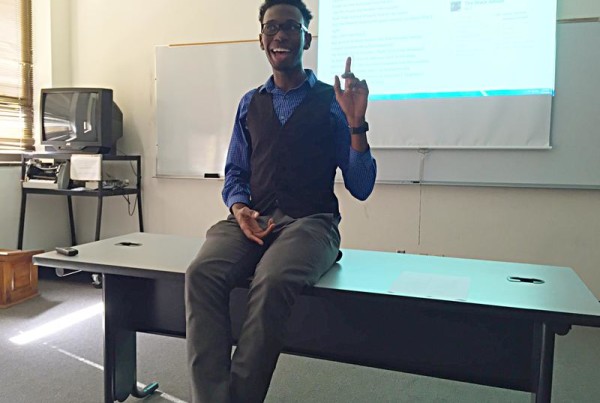You can’t talk about South by Southwest without talking about video games, gamers and their demographics. According to the Entertainment Software Association‘s most recent study, almost half of all gamers are women. But being a female gamer isn’t all golden coins and mushrooms.
In the last couple of years there’s been a national discussion about the often malicious and antagonistic practices targeting female gamers. It’s a controversial topic that was the focus of a South by Southwest event, that in turn ended up being mired in its own bit of controversy.
Omar Gallaga, digital savant of the Austin American-Statesman, says the panels almost didn’t happen.
“There were a couple of panels that were related – not all just to harassment,” Gallaga says. “One was ostensibly about the gaming community. One was supposed to be about solutions to the problems of online harassment. … But what happened in October was the festival decided to cancel a couple of panels because of this kind of back and forth. That created a huge firestorm.”
There were protests and complaints on a national scale, and the festival reinstated the panels. Curators also decided to create an entire day of programming on online harassment for this past Saturday.
But Gallaga says the panels fell flat. He says the festival did a poor job of promoting the panels, and there was little talk on Twitter. There was no buzz. And there was a lot of disorganization behind the scenes.
Attendance was low – maybe 40 to 50 people in each of the large rooms. The panels were set in a location far from the Austin Convention Center, the main interactive hub of the festival.
“There were a lot of obstacles to getting people there,” Gallaga says. “It didn’t feel like the festival got the message out, beyond the few people that showed up.”
Gallaga says it felt like a whole day of preaching to the choir, and after all the Gamergate discussion in October, the panels seemed anti-climactic.
“Harassment has not gone away,” Gallaga says. “There’s a lot of discussion back and forth on who on each side is representing these arguments. … Both sides kind of looking at each other and saying why is that person speaking out, why is that person representing?”















